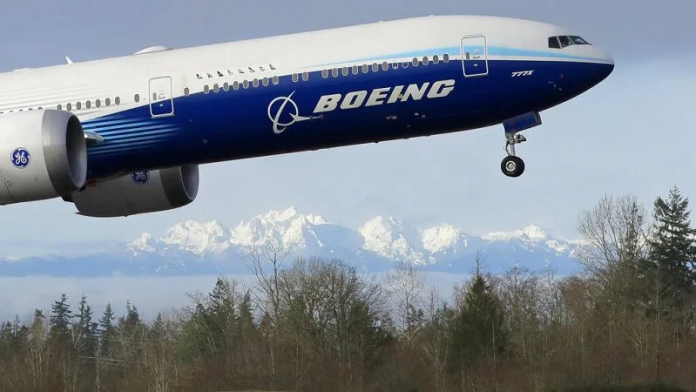The German aerospace sector aligned itself with its French counterpart in advocating for highly targeted European Union retaliatory tariffs against the United States if transatlantic trade talks fail, according to Euronews.
Specifically, the German Aerospace Industries Association (BDLI) informed Euronews that it supports measures solely impacting fully completed US aircraft and helicopters, explicitly shielding the market for spare parts and components. This stance directly mirrors the position held by the French aerospace industry.
The BDLI emphasised the critical need to protect integrated production networks.
If the EU must respond, counter-tariffs should focus strictly on fully finished aerospace end products – such as complete aircraft and helicopters – and explicitly exclude spare parts or critical products. This is essential to avoid unintended harm to European and global production networks.
US-manufactured aircraft feature on the European Commission’s preliminary retaliation list, encompassing €95 billion worth of US goods potentially subject to duties. This list concluded its industry consultation phase on 10 June and now requires approval from EU member states.
The German position echoes that of Airbus Chief Executive Guillaume Faury, who also chairs the French aerospace association GIFAS. Speaking to French media in May, Faury endorsed tariffs on finished aircraft while cautioning against measures affecting spare parts, highlighting the risk of disrupting complex global supply chains.
Negotiations under intense deadline pressure
This alignment underscores the deep interdependence within the transatlantic aerospace sector. Despite the potential for reigniting the long-standing rivalry between Boeing and Airbus, the production systems of the US and EU economies remain tightly interwoven. A prime example is the LEAP engine, powering both Airbus and Boeing jets, which is co-produced by US-based General Electric and France’s Safran.
Aircraft tariffs remain a pivotal issue in ongoing EU-US discussions. Following talks with US President Donald Trump during the G7 summit in Canada, European Commission President Ursula von der Leyen stated that both leaders had instructed their respective teams to accelerate negotiations.
Reinforcing this effort, EU Trade Commissioner Maroš Šefčovič met with US Trade Representative Jamieson Greer on the margins of the same summit. An EU spokesperson confirmed that a follow-up meeting with US counterparts is scheduled in Washington for Thursday and Friday.
The urgency is heightened by the current US tariff regime: 50% on EU steel and aluminium, 25% on cars, and 10% on all other EU imports. President Trump has issued a stark warning, threatening to escalate tariffs on all EU imports to 50% if a “fair” agreement is not secured by the critical deadline of 9 July.
